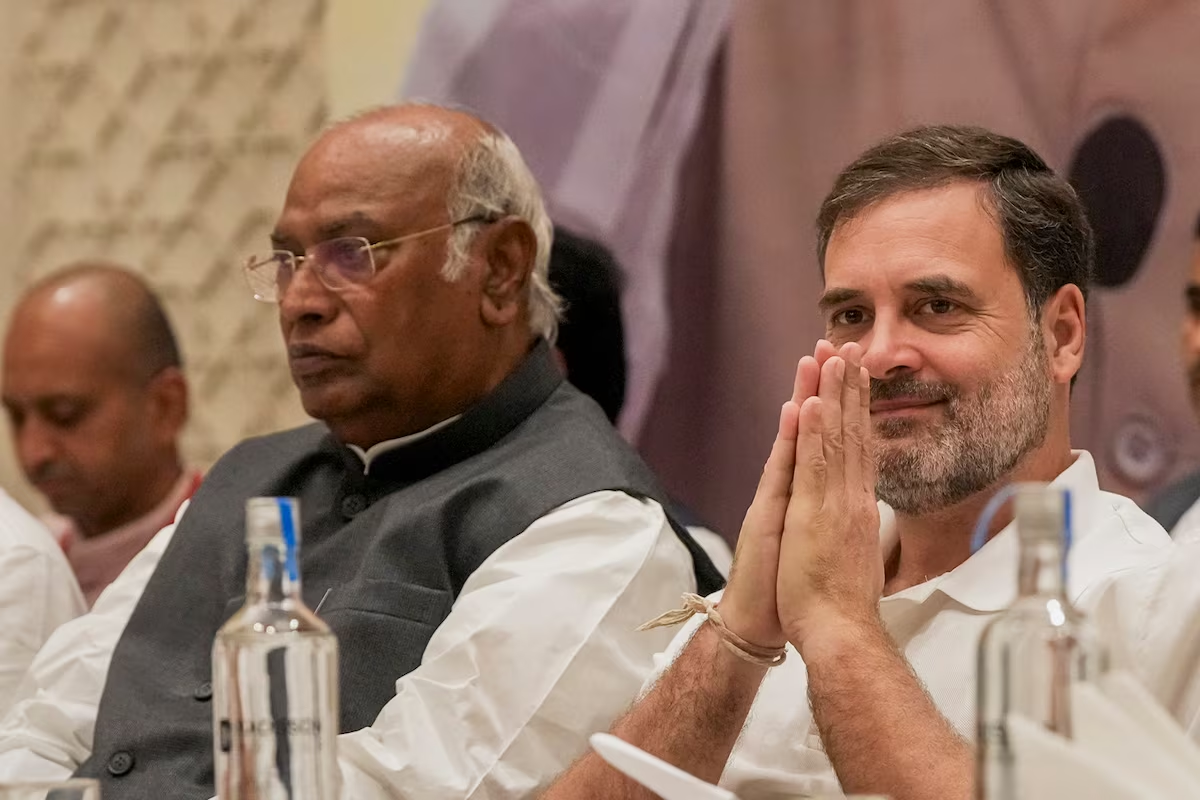Rahul Gandhi’s recent assertion that he will work to restore full statehood to Jammu and Kashmir (J&K) has ignited a debate over the political and constitutional implications of such a move. While his statement resonates with certain segments of the population in J&K, it also raises serious concerns about its potential to undermine the integrity of the Indian Union and the progress made since the abrogation of Articles 370 and 35A.
The Constitutional and Legal Landscape
In August 2019, the Government of India, led by Prime Minister Narendra Modi, took the historic step of abrogating Articles 370 and 35A, effectively revoking J&K’s special status. This move was supported by a strong majority in Parliament and was later upheld by the Supreme Court of India, establishing a new legal and administrative framework for the region. The reorganization of the state into two Union Territories—Jammu & Kashmir and Ladakh—was aimed at bringing the region in line with the rest of India, fostering development, and curbing separatist tendencies fueled by decades of special privileges.
The argument against restoring statehood to J&K lies in the strategic, security, and legal rationale that prompted its reorganization. Reverting J&K to statehood could be seen as a step back, potentially rekindling separatist sentiments and giving external adversaries, particularly Pakistan, an opportunity to meddle in the region once again.
National Security Concerns
One of the central reasons for the reorganization was to ensure tighter control over security in the region, which has been a hotbed of terrorism and insurgency. The Union Territory status allows the central government to have a more direct role in managing security affairs, crucial in a region that borders hostile neighbors. Granting statehood could dilute this control, complicating efforts to maintain law and order.
Moreover, the demographic and geopolitical sensitivity of J&K makes it imperative that the region remains closely integrated with the central administration. Any move to restore statehood could be perceived as conceding to demands that undermine national unity, sending a message that could embolden separatist groups.
Rahul Gandhi’s Political Calculations
Rahul Gandhi’s advocacy for restoring J&K’s statehood can be interpreted as part of his broader political strategy to appeal to the electorate in the region, as well as to counter the BJP’s narrative of national integration. By positioning himself as a champion of democracy and regional autonomy, he seeks to win back support that the Congress party has lost in J&K over the years.
However, this stance can also be seen as a politically expedient move that disregards the broader implications for national security and unity. His rhetoric, emphasizing the restoration of what he calls the “democratic rights” of the people of J&K, contrasts sharply with the realities on the ground, where the focus has been on development, stability, and integration with the rest of India.
Conclusion: The Anti-India Implications
In sum, Rahul Gandhi’s call to restore statehood to J&K is fraught with risks that could undermine the gains made since the 2019 reorganization. The move can be interpreted as not just a political miscalculation but as a reflection of an anti-India stance, as it prioritizes regional appeasement over national unity and security. For India, maintaining the current status of J&K as a Union Territory is essential for ensuring the region’s integration, stability, and security.





